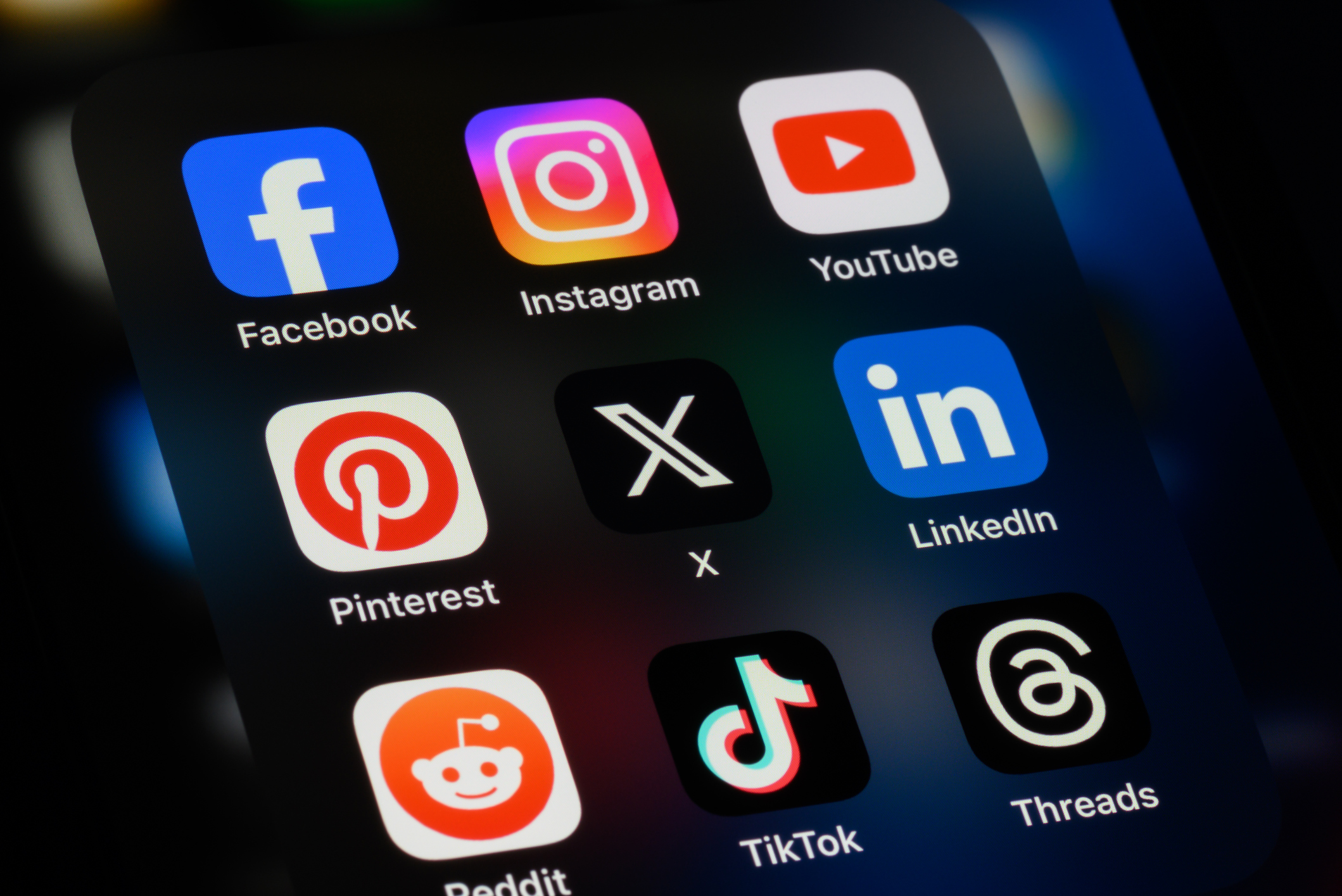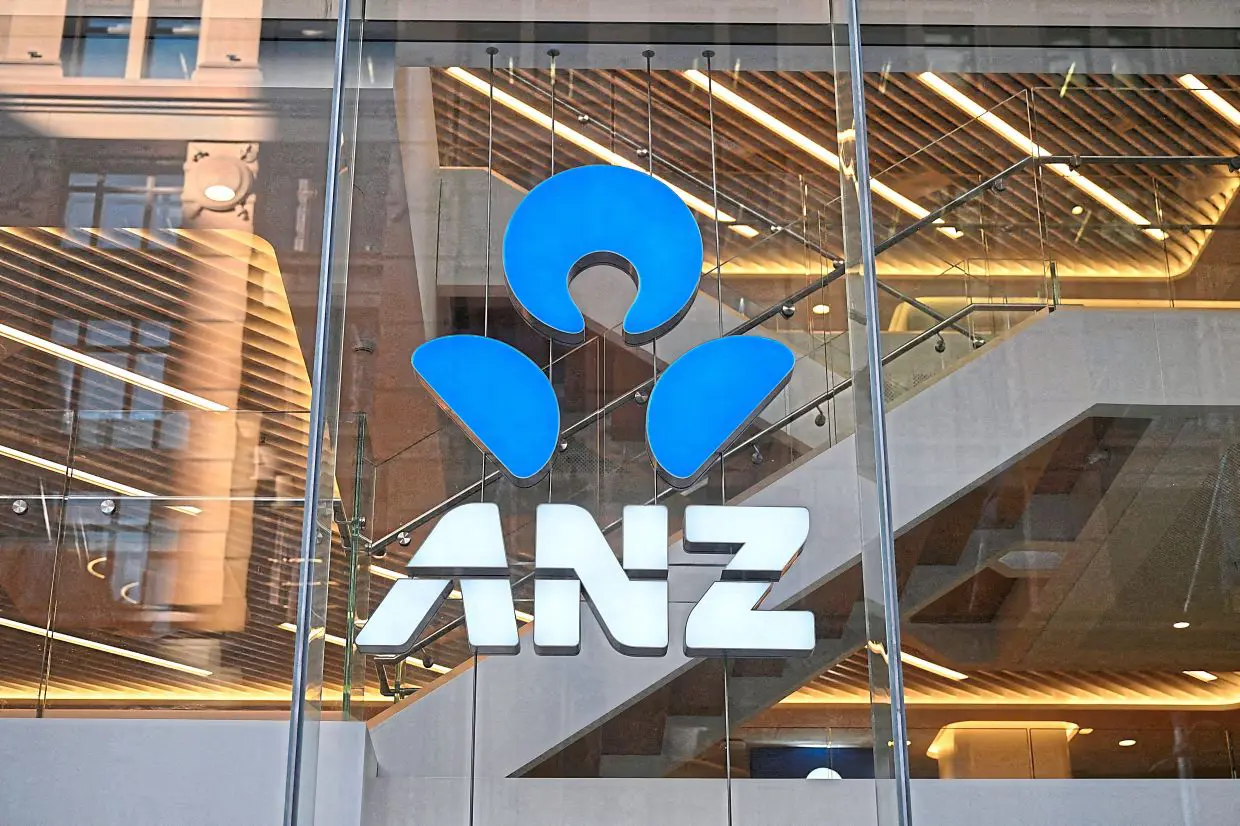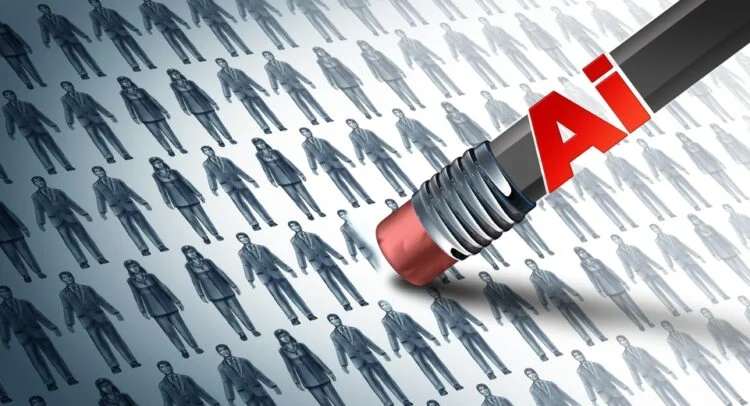AI Is Taking Over Social Media — and It’s Already Getting Chaotic

A toddler fleeing a T-Rex to the sound of Lady Gaga. A dancing cat in streetwear. A police bodycam arresting macaroni and cheese. Welcome to the next — and messiest — era of social media, powered by artificial intelligence.
From OpenAI’s Sora app to Meta’s AI Vibes and TikTok’s AI Alive, tech giants are rushing to integrate generative AI into everyday feeds. The goal: reinvent social platforms and capture new revenue streams in the AI age. But the result so far is an unsettling blend of creativity, copyright controversy, and misinformation risk.
“Videos that infringe our members’ films, shows, and characters have proliferated,” warned Motion Picture Association CEO Charles Rivkin after Sora’s launch.
OpenAI CEO Sam Altman responded that creators will soon have “more granular control” over copyrighted characters and that a revenue-sharing model is in the works. Prompts involving characters like Pikachu or Spongebob now trigger warnings for potential copyright violations.
Still, the threat of deepfakes and AI misinformation looms large. Experts note that watermarks and metadata — meant to identify AI-made videos — can easily be removed or altered. Both Meta and OpenAI say their tools include invisible watermarks and detection mechanisms, but early reports show mixed success.
Beyond misinformation, mental health advocates are sounding alarms over AI chatbots and teens. Lawsuits claim that AI personas on apps like Character.AI contributed to youth mental health crises. OpenAI and Meta say they’ve strengthened content filters and interaction limits between adults and teens, but concerns persist.
Then there’s user fatigue. Critics argue the influx of “AI slop” — random, uncanny content flooding feeds — could push audiences away rather than engage them. Many users also misunderstood Meta’s AI integration, mistakenly thinking their private chats were being shared publicly.
For now, Sora and Meta AI are less about endless scrolling and more about fueling a new creator economy — one where influencers and everyday users generate viral content with AI. But with blurred lines between human and synthetic media, this new frontier is proving harder to control than anyone expected.

